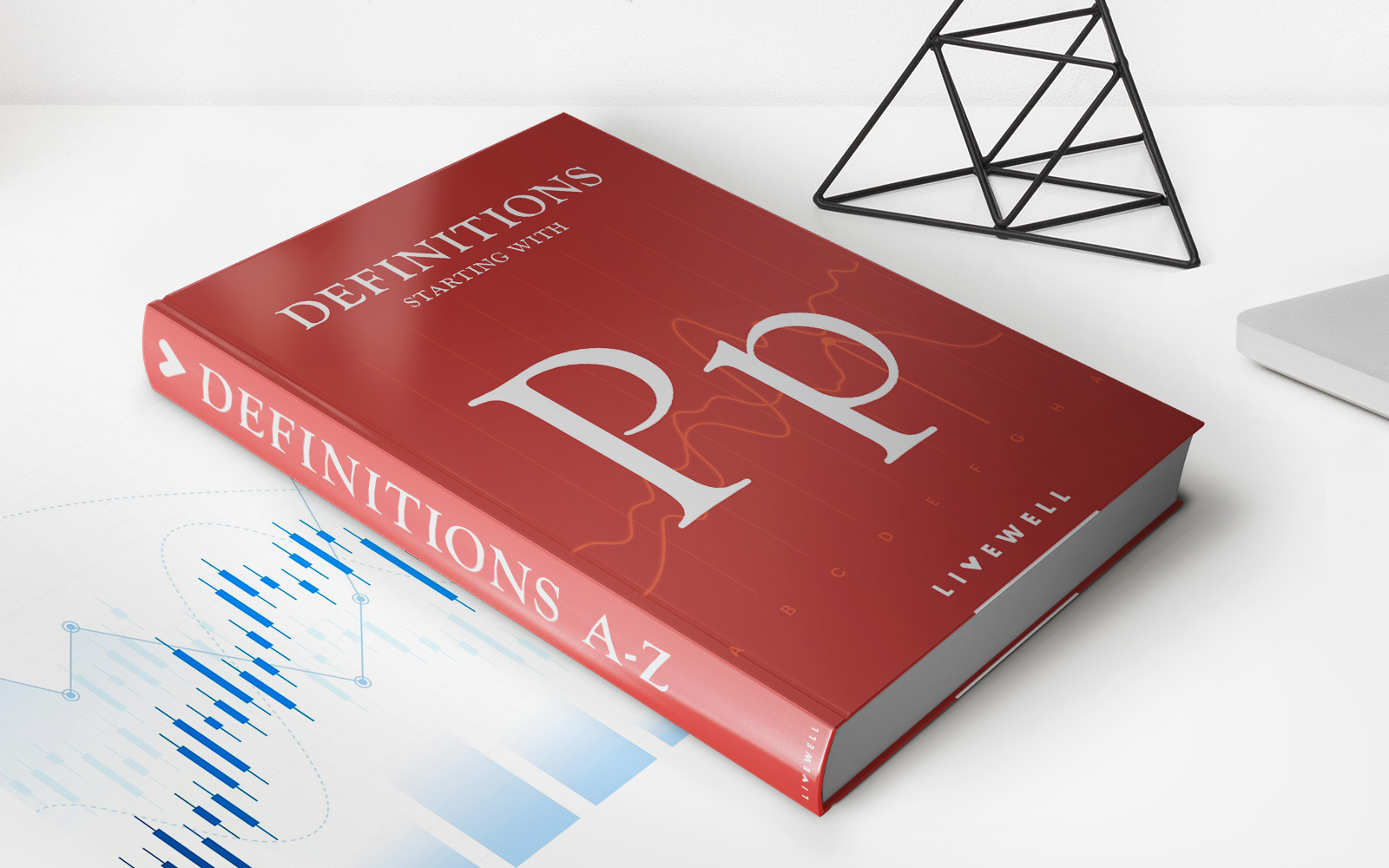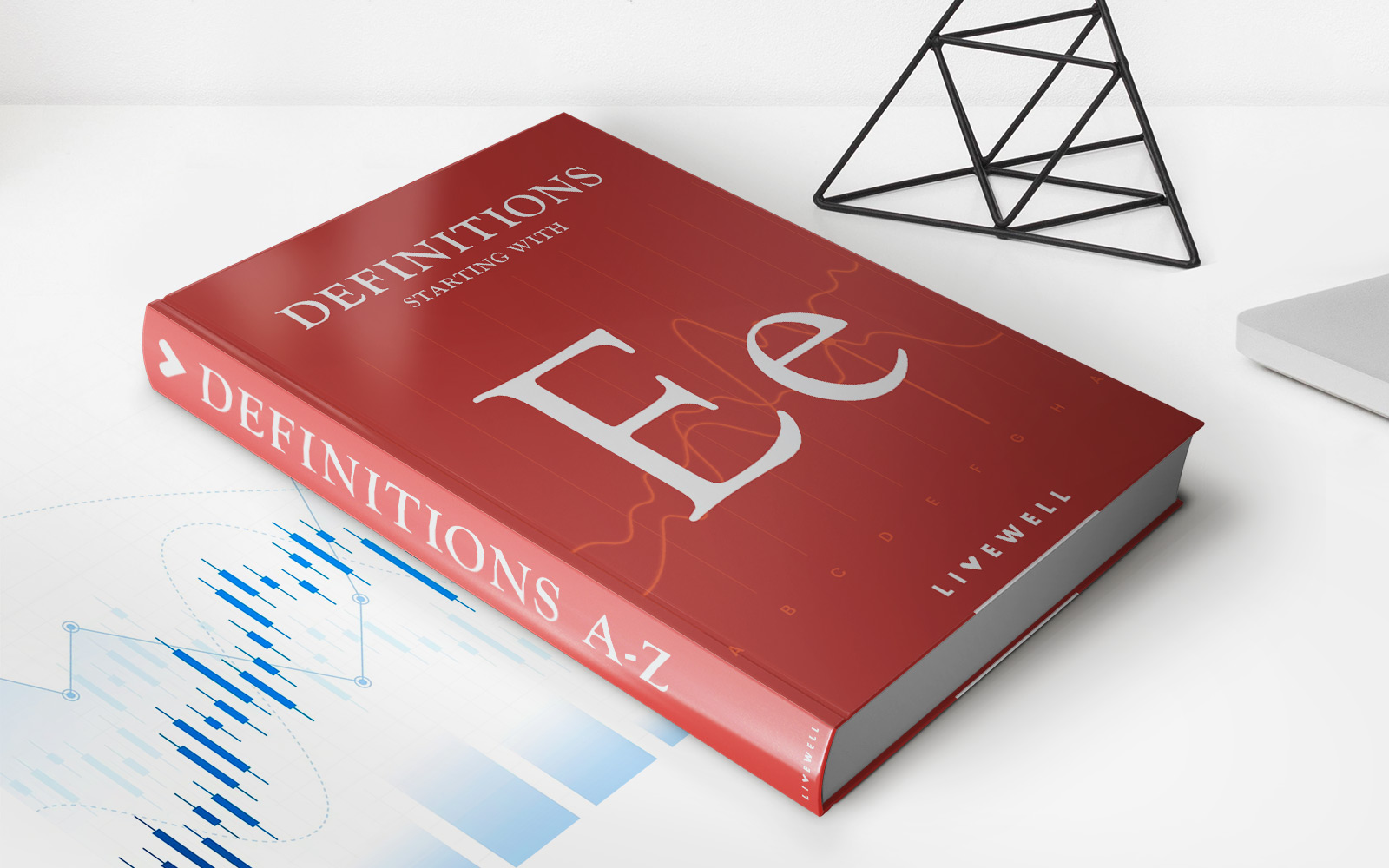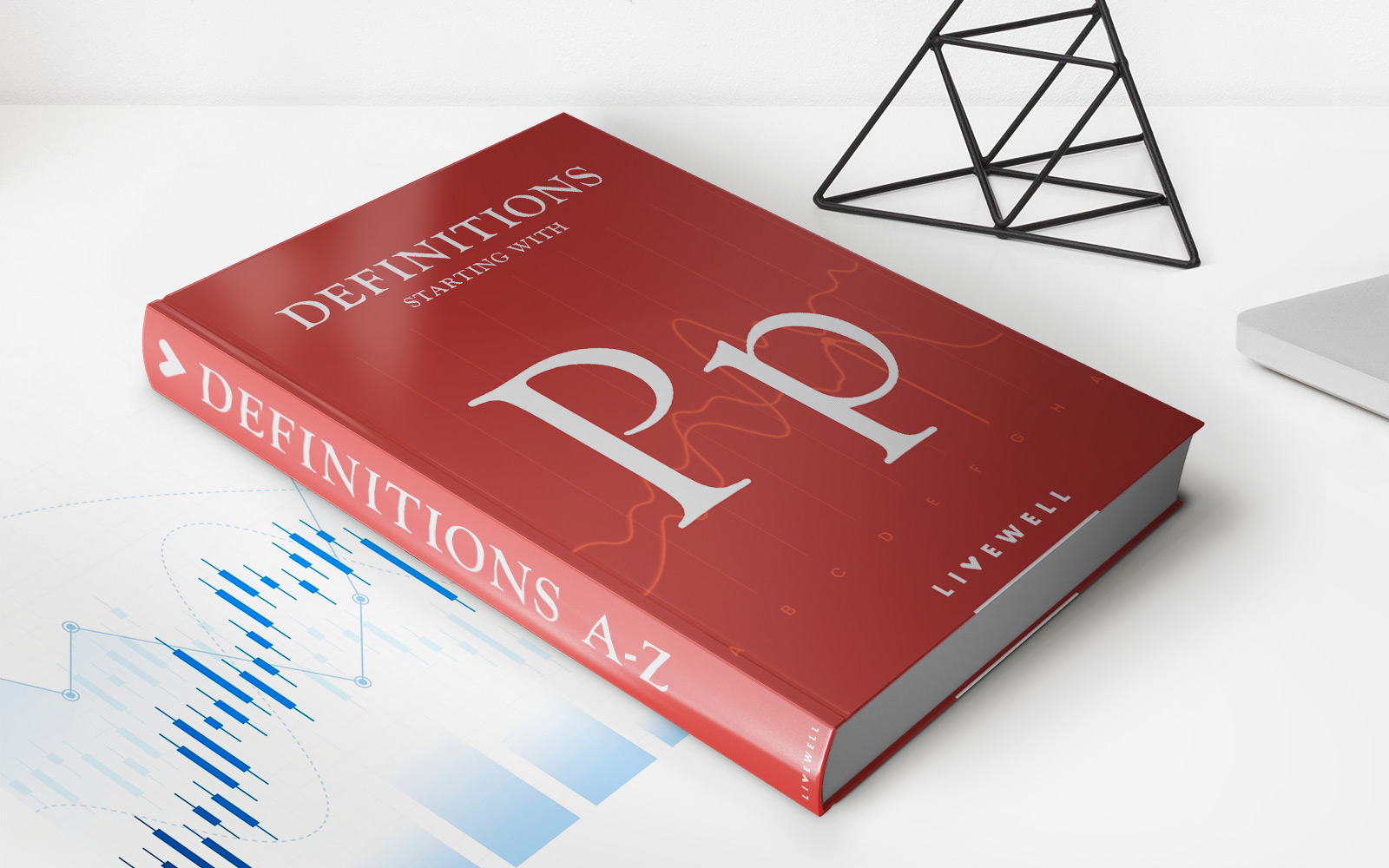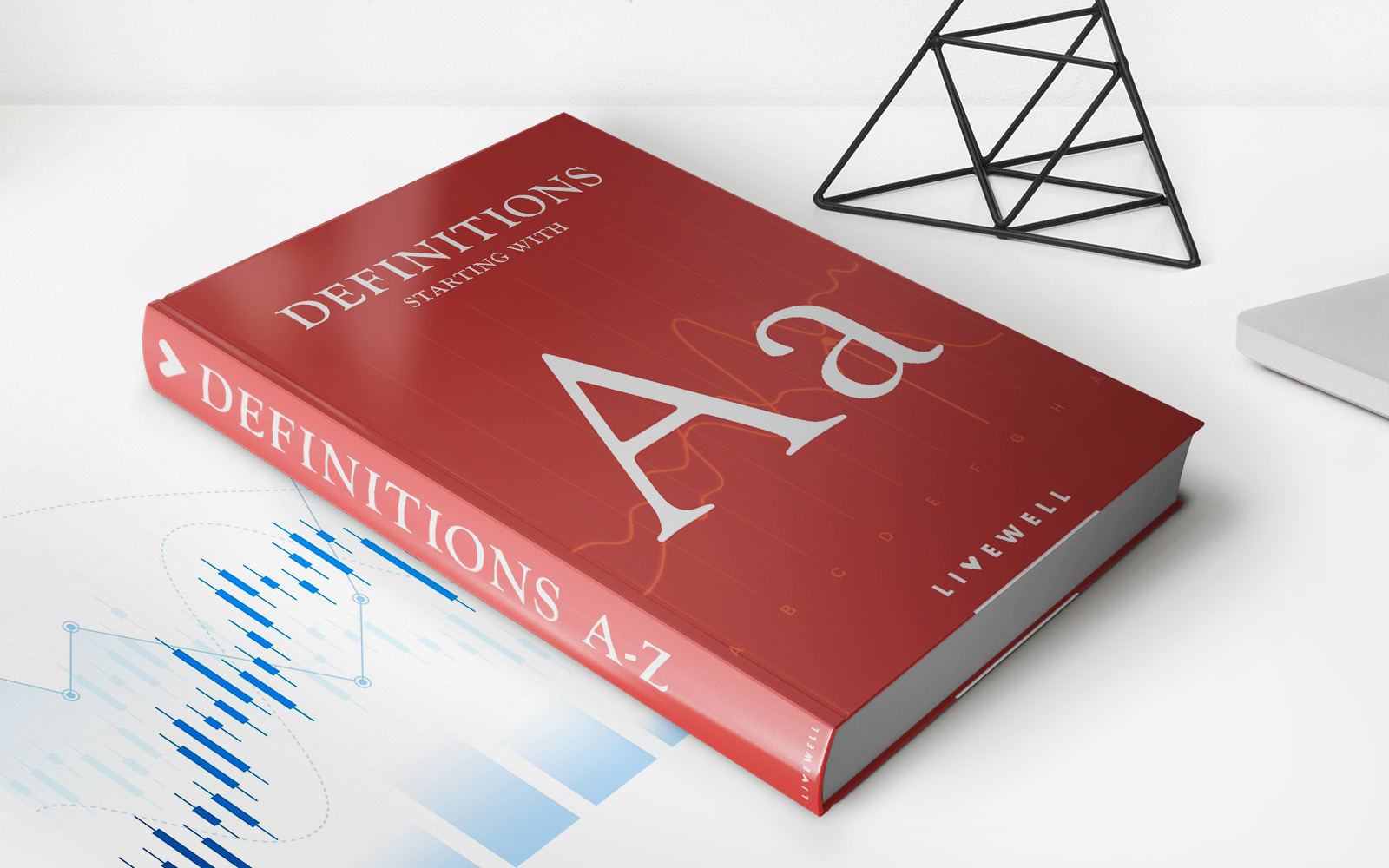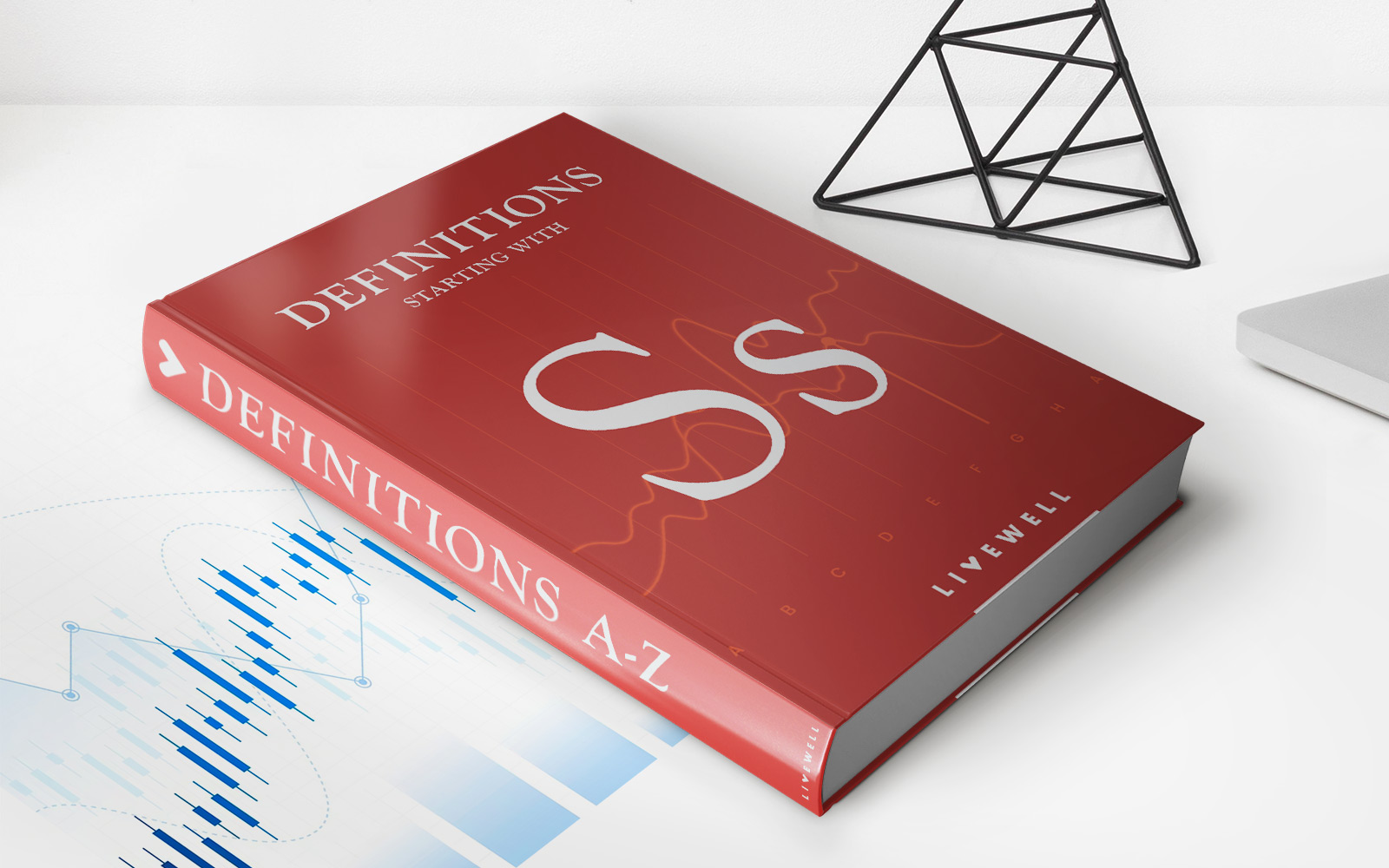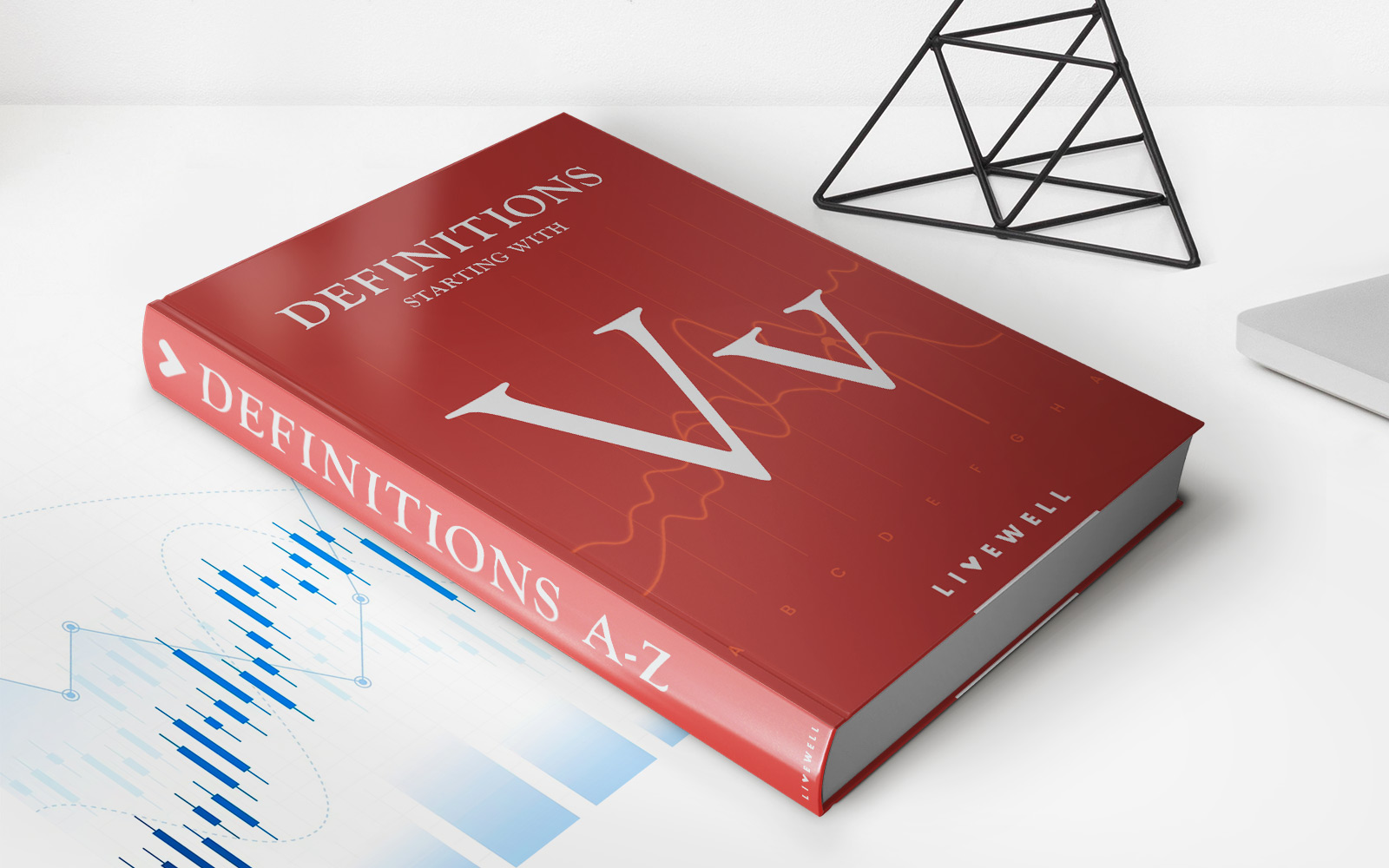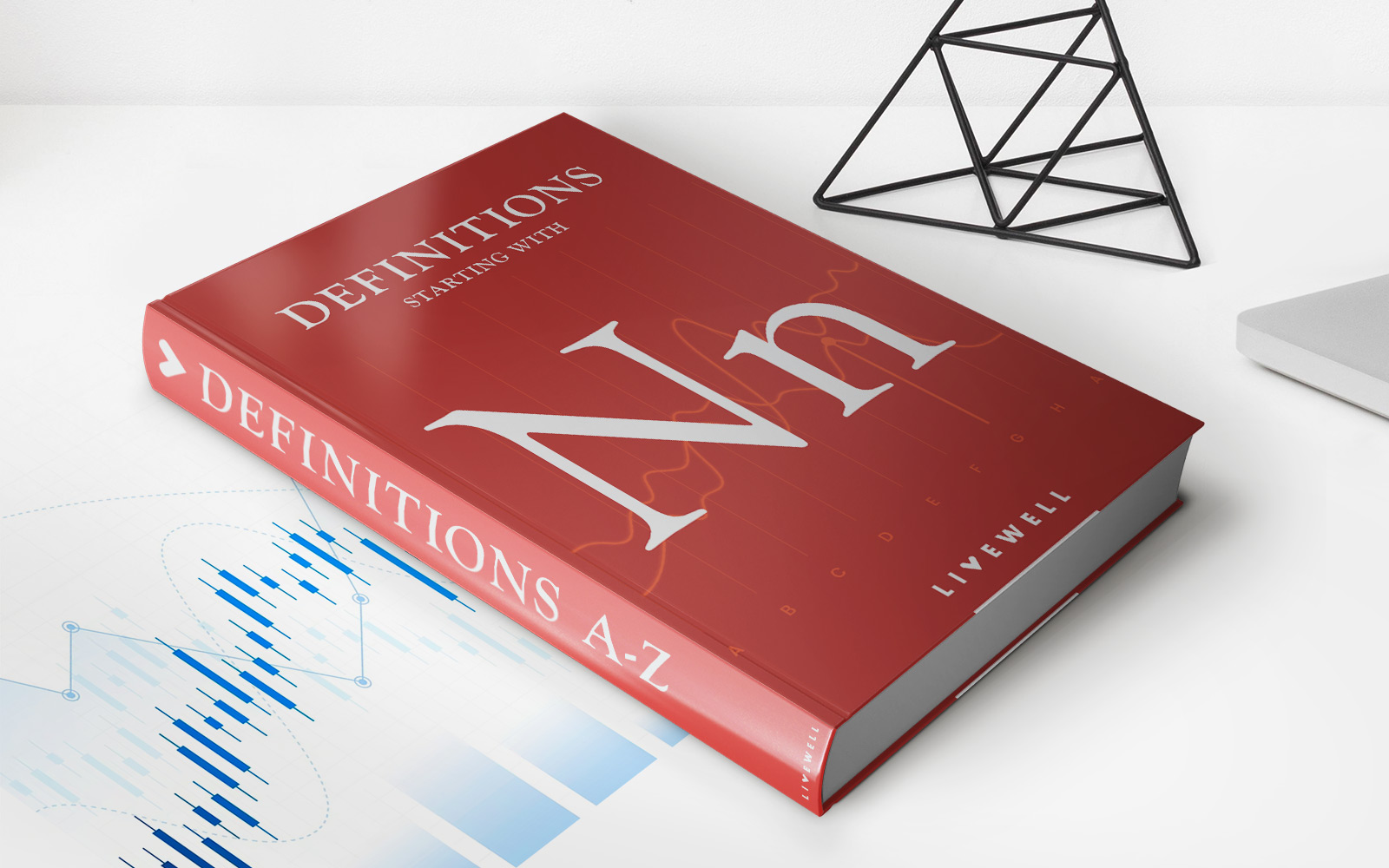Home>Finance>What Does Plain Vanilla Mean? Definition In Finance


Finance
What Does Plain Vanilla Mean? Definition In Finance
Published: January 14, 2024
Discover the meaning of "plain vanilla" in finance and its definition. Understand the significance of this term in the world of finance.
(Many of the links in this article redirect to a specific reviewed product. Your purchase of these products through affiliate links helps to generate commission for LiveWell, at no extra cost. Learn more)
Understanding the Meaning of Plain Vanilla in Finance
When it comes to the world of finance, you may come across various terms and phrases that might leave you scratching your head. One such term is “plain vanilla.” What exactly does plain vanilla mean in the context of finance? In this article, we will dive into this concept, giving you a clear definition and shedding light on its significance in the finance industry.
Key Takeaways:
- Plain vanilla refers to simple or standard financial products that lack complex features or customizations.
- These products are widely accessible and have predictable characteristics, making them less risky but potentially offering lower returns.
In finance, the term “plain vanilla” is often used to describe financial products or transactions that are basic, straightforward, and lack any complex features or customizations. Just like plain vanilla ice cream, which is a simple and common flavor loved by many, plain vanilla in finance represents the most basic version of a particular financial instrument or product.
Plain vanilla financial products are usually widely accessible to a broad audience and are designed to be easily understood. They typically have predictable characteristics and terms, making them less risky compared to their more complex counterparts. As a result, they are often used by investors who prefer a conservative approach to their investments.
These plain vanilla financial products can take different forms, including plain vanilla options, plain vanilla bonds, or plain vanilla mortgages. Let’s look at a couple of examples to help illustrate the concept:
1. Plain Vanilla Options:
- A plain vanilla option is a basic type of option contract that gives the holder the right, but not the obligation, to buy or sell an underlying asset (such as stocks, bonds, or commodities) at a predetermined price within a specific time frame.
- Plain vanilla options have standard terms and are traded on exchanges, making them easily accessible to individual investors.
2. Plain Vanilla Bonds:
- Plain vanilla bonds are the most common type of bonds issued by governments, municipalities, or corporations.
- These bonds have a fixed interest rate and a predetermined maturity date, making them predictable and less risky.
While plain vanilla financial products may offer lower returns than more complex or customized options, their simplicity and lower risk profile make them attractive to many investors. They are particularly popular among beginners in the finance world who want to build a solid foundation before exploring more sophisticated investment strategies.
In conclusion, plain vanilla in finance refers to basic, standardized financial products that lack complex features or customized elements. They are designed for accessibility and ease of understanding, making them less risky but potentially offering lower returns. So the next time you come across the term “plain vanilla” in the financial realm, you’ll have a clear understanding of its meaning and significance.






